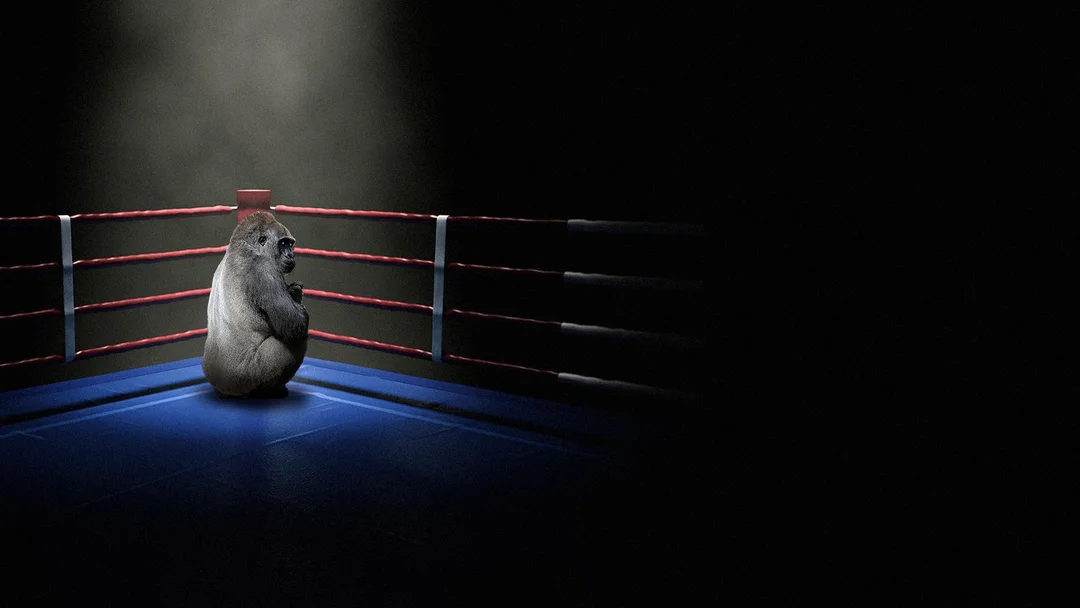
The Great Debate: 100 Men vs. 1 Gorilla – Who Would Win?
The internet is buzzing with a surreal hypothetical debate: if 100 unarmed men faced off against a single gorilla, who would emerge victorious? While the question might seem trivial, it reveals much about our relationship with these magnificent creatures and highlights conservation issues.
According to Jan Ramer, the vice president of animal care and conservation at the Columbus Zoo and Aquarium, gorillas, the largest primates on Earth, are often misunderstood. Weighing in at around 450 pounds, a silverback is undeniably powerful.

However, Ramer reminds us that gorillas are "gentle giants." They are not aggressive by nature and tend to only display defensive behaviors when their family is threatened. Interestingly, there has never been a documented instance of a gorilla killing a human. Instead, these animals fight for survival, a stark reminder of their endangered status due to habitat loss, poaching, and disease.
In examining the original question of who would win, Ramer offers a refreshing perspective. The context matters—"If it's a chess match, the human wins. If it's surviving alone in a forest for ten years, the gorilla wins." He asserts that, one-on-one, the gorilla's strength would undoubtedly prevail, but overwhelming numbers complicate the hypothetical scenario.

Ultimately, Ramer emphasizes a more pressing conversation: instead of pitting humans against gorillas, we should focus on how we can aid these incredible creatures in thriving within their natural habitats. Conservation efforts, which have led to a decrease in the number of critically endangered mountain gorillas, deserve our attention and support.
The discourse also brings to mind the legacy of Colo, the first gorilla born in captivity at the Columbus Zoo, who had a significant impact on gorilla care. Born in 1956, Colo was hand-raised by keepers and left a profound legacy with her lineage spanning across various zoos today.

In conclusion, while the battle of 100 men versus a gorilla may remain a playful conjecture, it underscores the need for humanity to consider its role in the preservation of the species. How can we actively contribute to their continued survival? We welcome your thoughts and insights in the comments below.